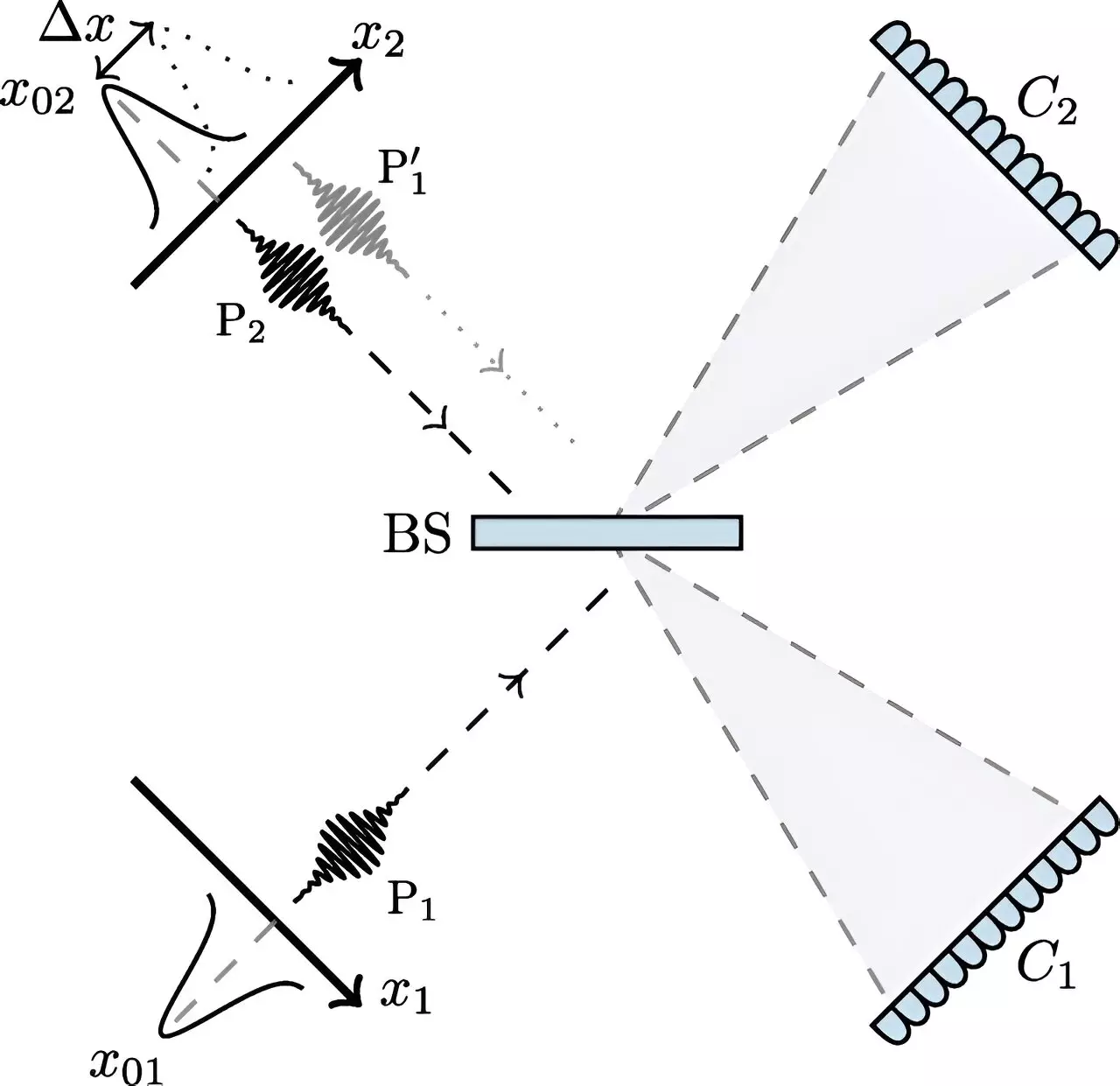In a groundbreaking development, researchers at the University of Portsmouth have introduced a novel quantum sensing scheme that revolutionizes nanoscale imaging techniques. This new approach promises to elevate superresolution imaging methods by maximizing quantum sensitivity in measuring the transverse displacement between interfering photons.
Overcoming Traditional Constraints
Historically, achieving ultra-high precision in nanoscopic imaging has been hindered by the limitations of conventional imaging technologies. These limitations, such as the diffraction limit of cameras and high-magnification objectives, have posed significant challenges to researchers seeking to enhance spatial resolution in imaging biological samples.
At the core of this groundbreaking innovation lies an interferometric technique that defies the constraints of traditional imaging methods. This quantum sensing scheme not only attains unprecedented spatial precision but also remains effective even in scenarios where displaced photonic wave packets overlap. This unique capability sets a new standard for quantum-enhanced spatial sensitivity.
One of the key highlights of this quantum sensing scheme is its ability to maintain exceptional precision even when dealing with photons that vary in nonspatial degrees of freedom. This represents a major advancement in the field of nanoscale imaging, as previous techniques often struggled to achieve consistent levels of precision in such scenarios.
The introduction of this quantum sensing scheme holds significant implications for superresolution imaging techniques that utilize single-photon sources for the localization and tracking of biological samples. By overcoming the limitations of traditional imaging methods, this innovation opens up new possibilities for enhancing the resolution and accuracy of imaging processes in biological research.
The quantum sensing scheme developed by researchers at the University of Portsmouth represents a major milestone in the field of nanoscale imaging. By pushing the boundaries of quantum sensitivity and spatial precision, this innovation is set to redefine the capabilities of superresolution imaging techniques and pave the way for new advancements in the field of biological imaging.


Leave a Reply